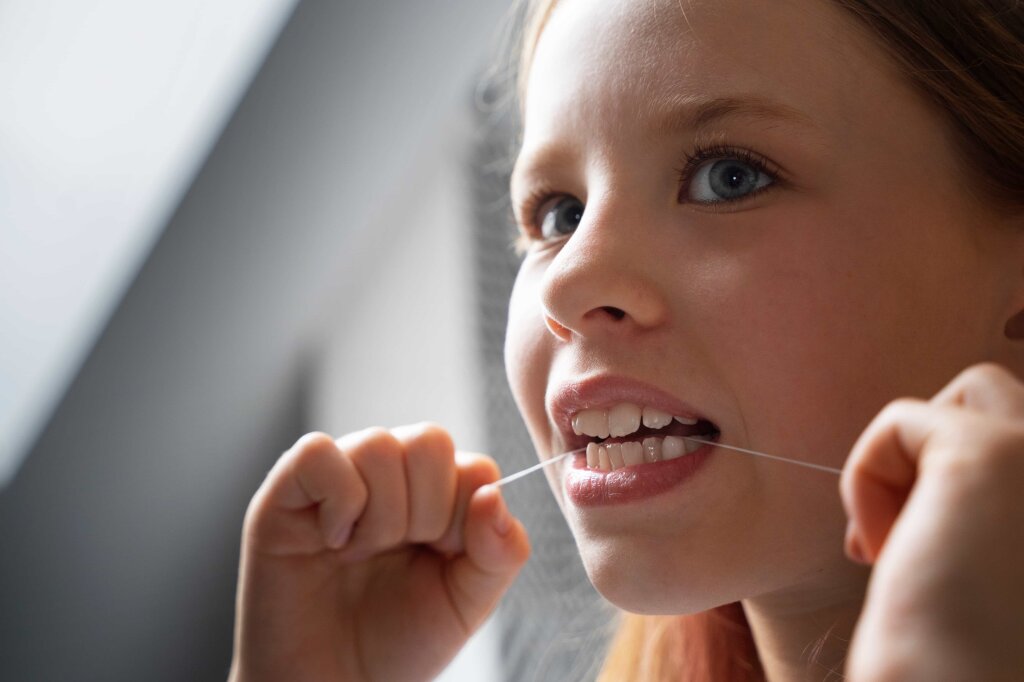When Should You Worry About Baby Teeth Falling Out?
Baby teeth play a critical role in your child’s oral health and development. They eventually make way for permanent teeth in a process that can cause concern for many parents. So, when is the process of "baby teeth falling out" normal, and when should you be worried? Understanding the signs will help ensure your child’s health and put your mind at ease.
How Does the Baby Teeth Falling Out Process Work?
Baby teeth, also known as primary teeth, begin to emerge around the 6th month of infancy and are essential for a child’s ability to chew and speak. Typically, baby teeth start falling out around age 6, and the process can last until ages 12 or 13 as permanent teeth take their place. However, this timeline may vary from child to child.
What’s Normal?
First Loss Around Ages 6-7: Most children will lose their first baby teeth, usually the lower central incisors, between ages 6 and 7. This is a natural part of tooth development and is not a cause for concern.
Multiple Teeth Falling Out Over Time: After the first tooth falls out, it’s expected that other baby teeth will follow suit in the coming years, typically with the molars being the last to go.
Mild Gum Discomfort: It’s common for children to feel mild discomfort or sensitivity in their gums as the roots of the baby teeth dissolve, allowing the teeth to loosen and fall out.
When Should You Be Concerned?
While losing baby teeth is generally a natural process, some situations may warrant extra attention. Here are cases where concern may arise:
1. Teeth Falling Out Too Early or Too Late
If your child’s baby teeth fall out before age 5 or if they haven’t lost any by age 8, it’s a good idea to consult a dentist. Early loss could be due to decay or injury, while delayed loss may indicate an issue with permanent tooth development.
2. Gaps Between Teeth
If large gaps remain for an extended period after baby teeth have fallen out, it might signal malocclusion, where the teeth are improperly aligned. Orthodontic intervention might be necessary.
3. Prolonged Bleeding After Tooth Loss
It’s normal to experience slight bleeding when a tooth falls out, but if bleeding continues for an extended period or doesn’t stop, this could point to gum issues or clotting problems.
4. Pain and Swelling
If your child experiences severe pain or noticeable swelling during the tooth loss process, it could indicate an infection. In such cases, visiting a dentist is crucial.
5. Baby Teeth Not Falling Out
In some cases, baby teeth may remain in place even after permanent teeth are ready to come in. This can lead to crowding or misalignment of the permanent teeth, necessitating a dentist’s intervention to extract the baby teeth.
What to Watch For During the Baby Teeth Falling Out Process
This stage can be both physically and emotionally challenging for children. Here are some key things to keep in mind during this time:
1. Maintain Good Oral Hygiene
Just because baby teeth are falling out doesn’t mean oral hygiene can be neglected. Ensuring proper brushing and flossing helps the teeth fall out healthily and supports the development of strong permanent teeth.
2. Healthy Nutrition
A balanced diet is crucial during the tooth loss phase to ensure healthy gums and strong teeth. Foods rich in calcium and vitamin D support tooth development, while sugary snacks should be avoided to prevent decay.
3. Keep the Lost Tooth Area Clean
Once a baby tooth falls out, it’s important to keep the area clean to prevent bacterial buildup. Gentle brushing and rinsing can help maintain oral hygiene in the area where the tooth was lost.
Emotional Challenges Children May Face During Tooth Loss
The tooth loss process isn’t just physical; it can also be emotional for children. They might be scared or self-conscious about losing their teeth. Being supportive and reassuring them that it’s a natural part of growing up is key.
1. The Tooth Fairy Story
Many parents use the “tooth fairy” story to make the tooth loss process more fun and exciting. Encouraging your child to leave their tooth under the pillow for the tooth fairy can make the experience positive.
2. Sharing with Friends
Children often find comfort in knowing that their peers are going through the same experience. Encourage them to talk about it with their friends, which can help normalize the process.
Conclusion
Baby teeth falling out is a unique experience for each child. While it’s generally a natural and worry-free process, certain conditions like early or delayed tooth loss, prolonged bleeding, or severe pain may require attention from a dentist. Maintaining good dental hygiene, ensuring proper nutrition, and seeking professional advice when necessary will help your child navigate this phase smoothly.






